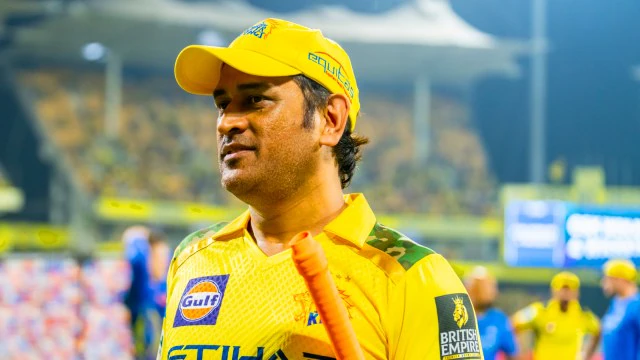March 25, 2025 — A revolutionary cancer treatment from India has shown a stunning 73% success rate in clinical trials, giving new hope to patients fighting certain blood cancers. The treatment, CAR T-cell therapy, was created by ImmunoAct, a startup incubated at IIT Bombay. The clinical trial results, reported in The Lancet, bring to the fore the promise of this new-age treatment to revolutionize cancer care in India.
CAR T-cell therapy (Chimeric Antigen Receptor T-cell therapy) is a process of altering a patient’s own T-cells — a form of white blood cell — to identify and kill cancer cells. The re-engineered T-cells are then returned to the patient’s body, where they target and destroy cancer cells. This treatment has been highly effective in treating aggressive blood cancers like acute lymphoblastic leukemia and large B-cell lymphoma.
The clinical trials were conducted on 60 patients in different Indian hospitals. The research found that 73% of the patients showed positive reactions, with most of them going into remission. The cost-effectiveness of the treatment is another point to note. ImmunoAct’s treatment costs around $30,000 (about ₹25 lakh), which is much less than the same treatments in Western nations, which can be as high as $400,000.
The therapy is not without risk, though. Side effects were seen in some patients, such as anemia, thrombocytopenia, and cytokine release syndrome, which can result in high fever and low blood pressure. There were two deaths during the trial due to the treatment. Nevertheless, the success rate overall and the cost-effectiveness make this therapy a breakthrough in cancer therapy in India.
This has been welcomed by experts as a huge breakthrough in Indian oncology. Dr. Rahul Purwar, founder of ImmunoAct and professor at IIT Bombay, pointed out that the success of the therapy can open doors for more affordable cancer therapies globally. “We will make this life-saving therapy accessible at a percentage of the international cost while delivering high safety and efficacy,” he said.
The positive trial outcomes have also spurred more research into the extension of CAR T-cell therapy to other types of cancer. The government and health organizations are now looking at steps to make the treatment more widely available in the country.
This achievement makes India a front-runner in advanced cancer research and paves the way for cheaper and more effective treatments for patients worldwide.




